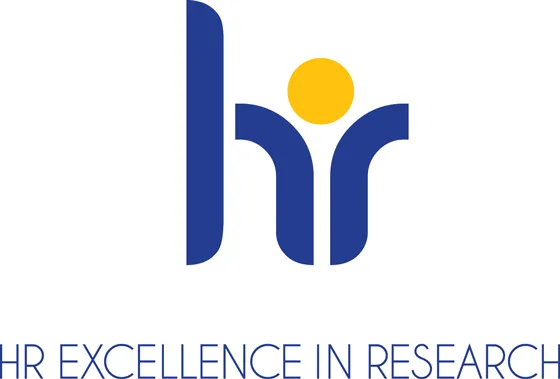The Quest for Room-Temperature Superconductivity

In the landscape of scientific exploration, few discoveries have held as much promise and mystery as LK-99. Named after its discoverers Sukbae Lee and Ji-Hoon Kim and the year of its discovery in 1999, LK-99 emerged as a potential breakthrough in the field of superconductivity. Its purported ability to exhibit superconductivity at room temperature and ambient pressure tantalized researchers and engineers with visions of revolutionary technological advancements.
The scientific community remains divided over the validity of LK-99's claims. The initial excitement surrounding its potential has been tempered by skepticism, as the community awaits peer-reviewed confirmation of its claim and reproduction of the results by several independent groups. While preprints and initial analyses have hinted at the possibility of room-temperature superconductivity, the absence of definitive evidence such as zero resistance and the Meissner effect has led to cautious scrutiny. The Department of Condensed Matter Physics (KFKL in Czech) remains skeptical of the original published paper. However it is so interesting topic for science and for the public, that study should be replicated by as many labs as possible.
Multiple independent research groups, including the one at KFKL in Prague, supported by the Materials Growth and Measurement Laboratories Infrastructure (MGML.eu), have joined the quest to replicate LK-99 and shed light on its enigmatic behavior. The journey has been marked by unexpected twists, challenges, and moments of realization. Our first attempt resulted in the synthesis of a material with a different composition than LK-99 due to a mistake in the ratio of mixing powder, highlighting the meticulous nature of scientific endeavors and the importance of rigorous methodology.
The saga of LK-99 extends beyond its chemical composition and potential properties. The controversy surrounding its synthesis, characterization, and theoretical explanations underscores the intricate nature of scientific exploration. The juxtaposition of claims and scepticism has ignited discussions on the validity of experimental results, the necessity for comprehensive analysis, and the role of open collaboration in unraveling complex materials. Because of that, we are publishing all our raw datasets as well as their analysis immediately on the GitHub page, where scientists from all over the world can check for correctness. General public can follow the newest results on the official department Twitter/X account @CondMatfyz.
Amidst the fervor and intrigue, the story of LK-99 serves as a testament to the relentless pursuit of knowledge and the collaborative spirit that defines scientific inquiry. As the scientific community eagerly awaits further developments and validation, the tale of LK-99 continues to inspire researchers and ignite conversations about the boundaries of possibility in the realm of superconductivity and beyond.
In the Media:
- NextBigFuture: Condensed Matter Physics Group in Prague, Czech Completing LK99 Samples
- Physics World: ‘Room-temperature superconductor’ LK-99 fails replication tests
Contacts:
- Ross Colman (EN)
- Petr Čermák (CZ)



